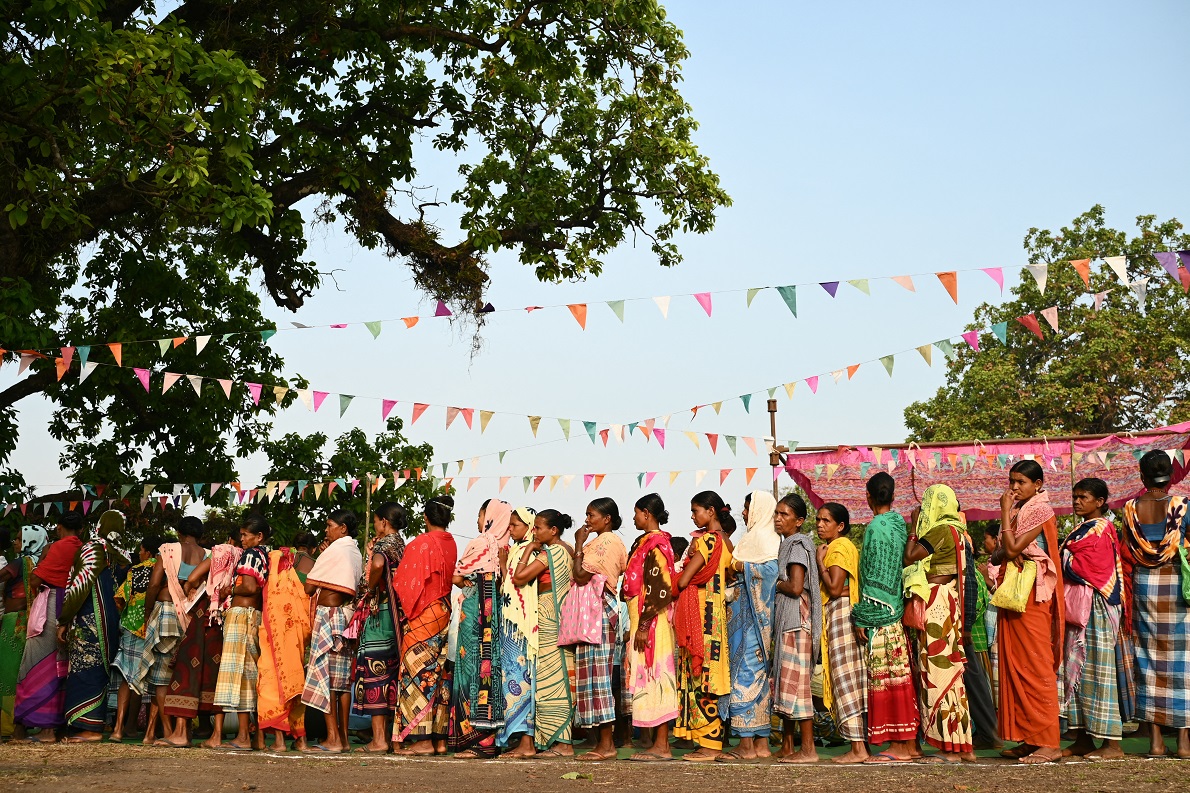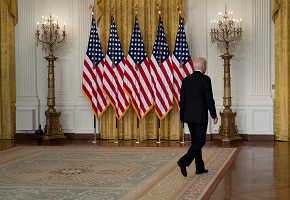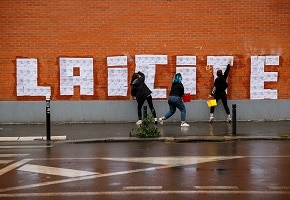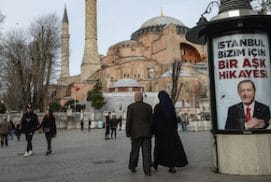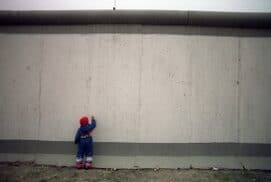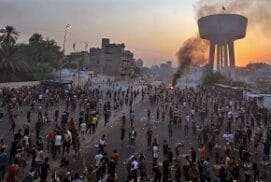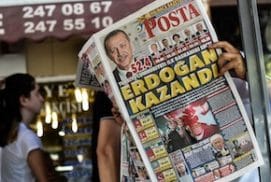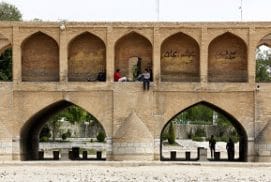India’s general elections kick off today and will be held in phases through June 1, with results to be announced on June 4. Despite a decade-long erosion of rights and the hollowing out of democratic institutions, most polls predict a victory for Prime Minister Narendra Modi and his Hindu nationalist Bharatiya Janata Party for a third consecutive five-year term. What does an India heading to the polls look like in 2024? How has ten years of BJP rule shaped the world’s largest democracy?
Dossiers
International Affairs
- Where does the current crisis come from, and can there be any political solution? Five world-renowned post-Sovietic geopolitics scholars and journalists respond in this Dossier derived from the recent Reset DOC roundtable: José Casanova, Andrea Graziosi, Nataliya Gumeniuk, Alexander Motyl and Frank Sysyn.
- America’s embarassing retreat from its “longest war” in Afghanistan has damaged so heavily its international credibility, that the questions being asked this month by world governments – as well as non-State actors and movements – may well redefine their strategies for years to come. Here’s a first comparative glance.
- The terrorist murder of French professor Samuel Paty in the Paris suburb of Conflans-Sainte-Honorine in autumn 2020 has re-opened a heated debate concerning the liberty of teaching, freedom of expression, and the role of secularism in a pluralist society. What is the specific nature of French laïcité, and how has it changed over time since its juridical establishment in 1905? How does it compare with other Western approaches to secularism and, most critically, with Muslim perspectives on the matter? Why has this provoked a diplomatic dispute between France and Turkey, and more broadly the boycott of French products in many Muslim countries?
- A week after the “re-inauguration” of Hagia Sophia as a mosque, diplomacies are still struggling to understand the full implications of the shocking and yet largely expected choice by Recep Tayyip Erdogan’s government. But beyond the radars of the international attention, the move and its internal welcoming confirm the uncontented grip he continues to have on Turkey, driving it towards an increasingly nationalist, anti-modern path. In this Dossier, we explore the rationale behind those choices, the implications for regional affairs, as well as those on religious pluralism worldwide. For policy-makers on both sides of the Atlantic, there is much to care about, and some dire practical recommendations to take into account.
- What happens when closed borders become the norm? After the pandemic, will they be back as a defining feature of 21st century life?
- Some historical events do not stop releasing their powerful lessons even years or decades later. That is beyond doubt the case with the fall of the Berlin Wall, and the rest of the chain of events which marked the collapse of the Soviet system over 1989. Its significance for Europe, and for ourselves, still merits being investigated thirty years later. That is what this Dossier tries to do, with the accounts and reflections by Riccardo Cristiano, Simone Disegni, Marta Facchini, Siegmund Ginzberg, and Lorenzo Monfregola.
- Contrary to all predictions of an era dominated by digital agorà, especially for the youngsters, the square is back as the primary place and instrument of protest. A comparative enquiry.
- On 24 June 2018, both parliamentary and presidential elections were held in Turkey. With the elections, the constitutional amendments of 2017 came into force leading to a fundamental change in the nature of the political regime in Turkey towards even more authoritarian lines. Focusing on the last constitutional amendments and the recent elections, in this dossier, our contributors address a variety of issues that are critical to understanding different aspects of today’s Turkey.
- Is the Iran nuclear deal dead? Perhaps not, after all, in spite of president Donald Trump’s decision to withdraw the United States from the Joint Comprehensive Plan of Action (JCPOA), as it is formally known.


